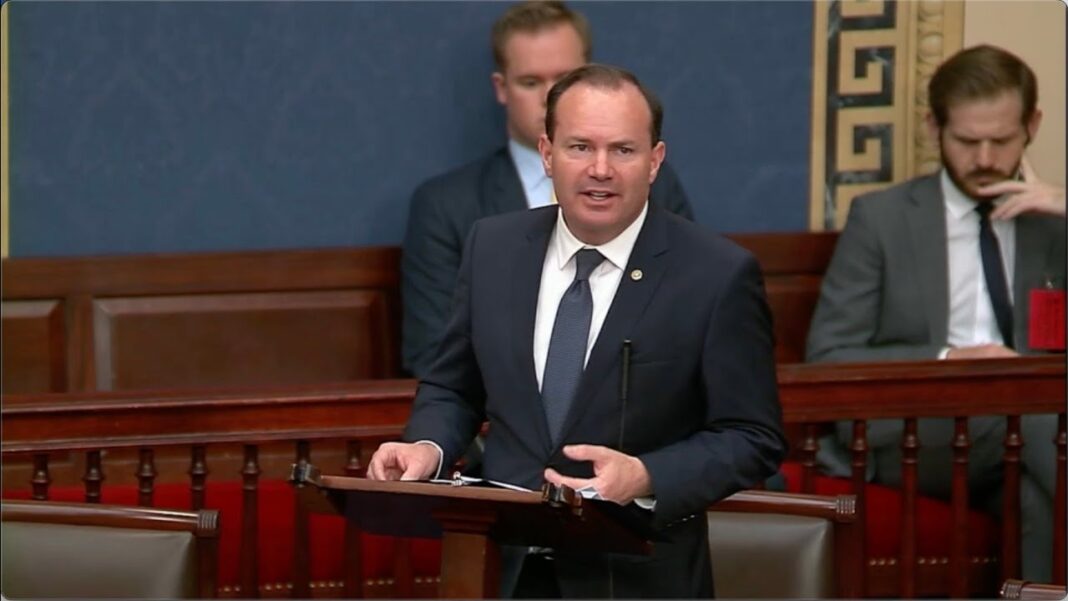The boycott against corporations that tried to push left-wing sex and gender ideology on their customers opens the opportunities to expose what’s behind their embrace of “woke” agenda, according to author and commentator James Lindsay.
Speaking on EpochTV’s “Crossroads,” Lindsay said the boycotts “must definitely have an impact,” as Bud Light’s parent company Anheuser-Busch scrambled to downplay its now-notorious partnership with transgender TikTok personality Dylan Mulvaney.
“This boycott damaged them enough to where they scrambled, they made some kind of a crazy statement. The statement just didn’t satisfy anybody. So the boycott stays on, the pressure stays on,” he told host Joshua Philipp.
Woke Corp’s Priorities
On May 9, a month after the initial Mulvaney backlash, Anheuser-Busch lost its perfect Corporate Equality Index (CEI) score, which is overseen by the Human Rights Campaign, the nation’s largest LGBT advocacy group.
The CEI measures how well a company’s policies adhere to a set of criteria concerning “LGBTQ equality” in the workplace. Businesses with the highest possible 100 CEI points are given the title “Best Place To Work For LGBTQ Equality.” More than 800 American businesses met all the criteria to earn a percent rating and the designation last year, according to the Campaign’s latest report.
In response to the loss of a perfect CEI score—and in spite of the customer backlash, Anheuser-Busch pledged last week to donate $200,000 to support “LGBTQ+ business owners of color.”
The fact that a company would rather further upset customers than get a lower social credit rating, Lindsay said, shows “how this extortion racket works and how serious the extortion racket is.”
“We see which thing they’re choosing to do,” Lindsay explained. “Whether it’s Corporate Equality Index score, whether it’s a broader ESG [Environmental, Social, and Governance] score, they’re choosing to serve the same agenda.”
“This reveals a lot of things that are very useful,” he continued. “We can have hearings. We could have the House Oversight Committee talking about this: ‘Why are you doing this? How important is that number? Why is it number so important? How did this number come to mean so much to your company? Who made the deals? What are the costs?’”
“These kinds of things need to be dragged out into the public under oath, and in a high place.”
By Bill Pan and Joshua Philipp






